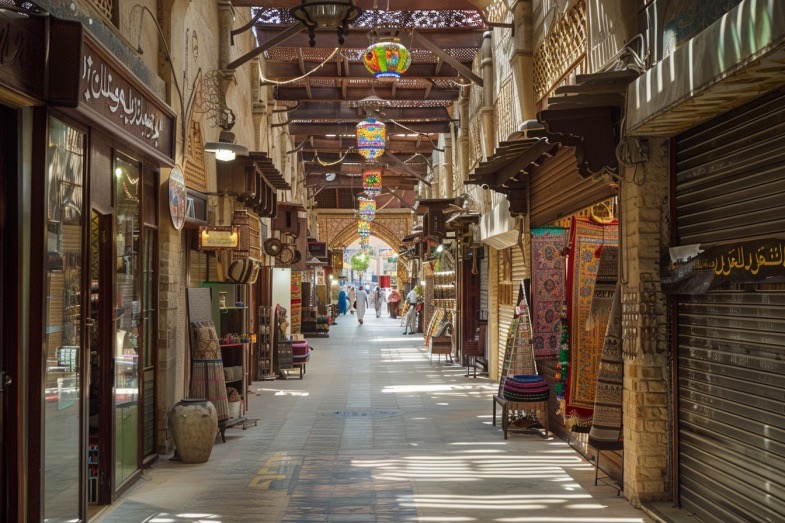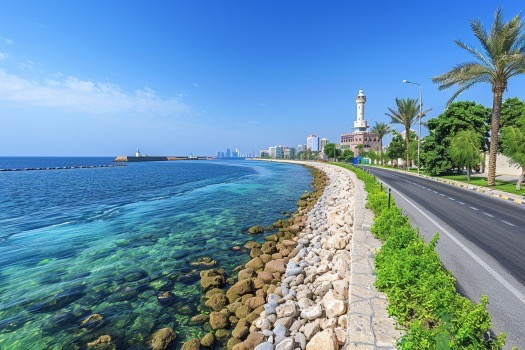Senegal’s President Defends Decision to Delay Elections
In a recent interview with the BBC, President Macky Sall of Senegal expressed no regrets over the controversial decision to delay this year’s elections, despite the deadly protests it sparked.
President Sall clarified that the decision was not made unilaterally, but in response to concerns raised by parliamentarians.
After facing a violent backlash, fears arose that the typically stable nation was on the brink of a political crisis.
However, Senegal’s top court ultimately blocked the attempt to postpone the election by 10 months, leading to the rescheduled vote now set for Sunday.
“I have no apology to make, I have done nothing wrong,” President Sall asserted in his BBC interview. “All the actions taken have been within the framework of the law and regulations.”
Controversy Surrounding Election Delay
With just three weeks remaining before the initial election date in February, President Sall announced the postponement, which was later approved by parliament.
Critics accused the president of attempting to extend his term, a claim he denied, citing the need to resolve disputes over candidate eligibility.
President Sall argued that opposition politicians were the ones who raised these concerns, leading to the postponement.
Unrest and Opposition
The announcement of the election delay incited violent clashes between police and protesters, resulting in three casualties.
Many worried that Senegal’s reputation as a democratic stronghold in a volatile region was at stake.
President Sall dismissed claims of an information campaign against Senegal, emphasizing the country’s solid institutions and unwavering democracy.
Last week, Senegal’s main opposition leader, Ousmane Sonko, and his party’s presidential candidate were released from prison under a presidential amnesty, following a series of politically motivated charges.
Pledge to Step Down
Despite serving two terms, the maximum allowed by Senegal’s constitution, President Sall reiterated his commitment not to overstay in office.
“If the next president is not elected on the 24th [March], I’m leaving on 2 April regardless,” he stated definitively.
If no candidate secures over 50% of the vote, a second round of elections will be held.
Sources: BBC



